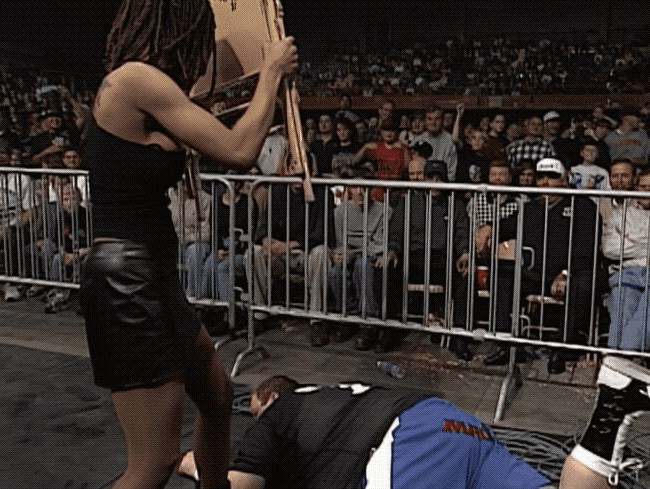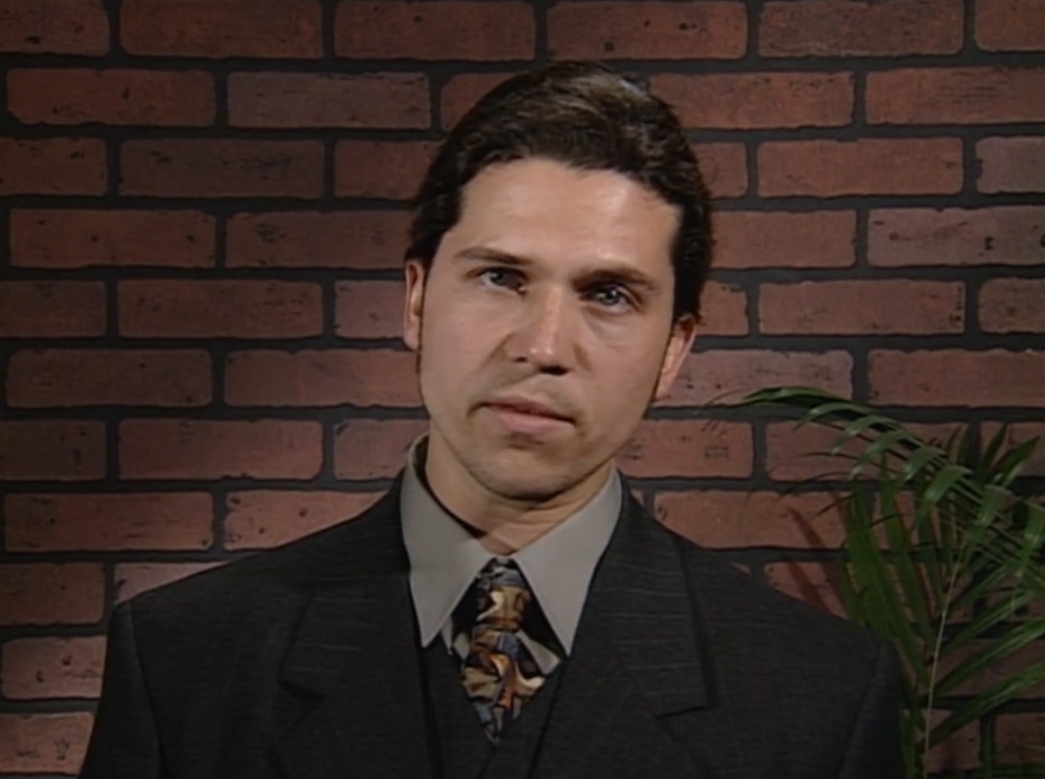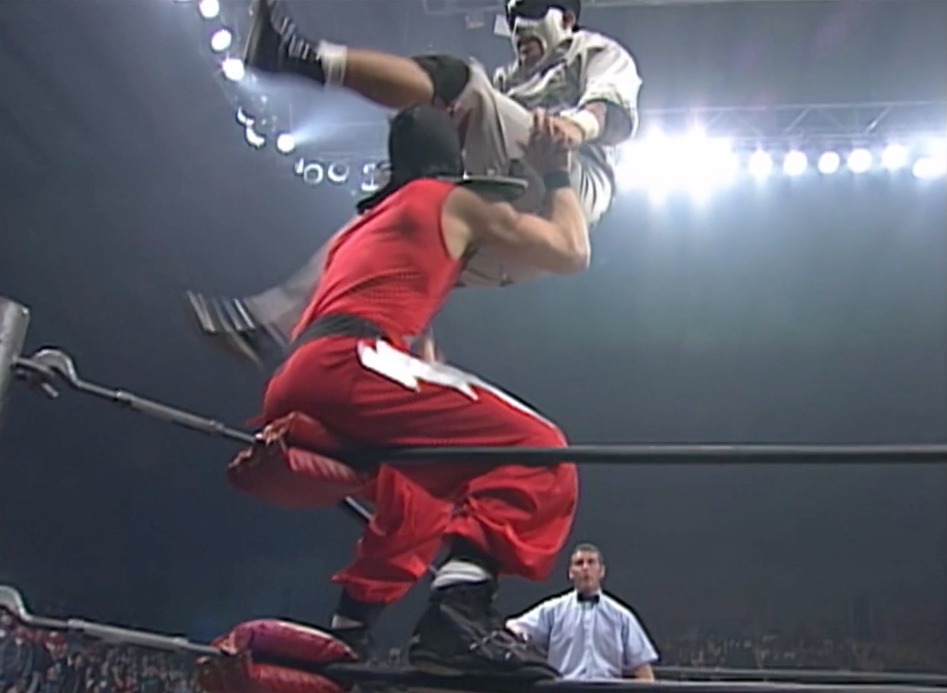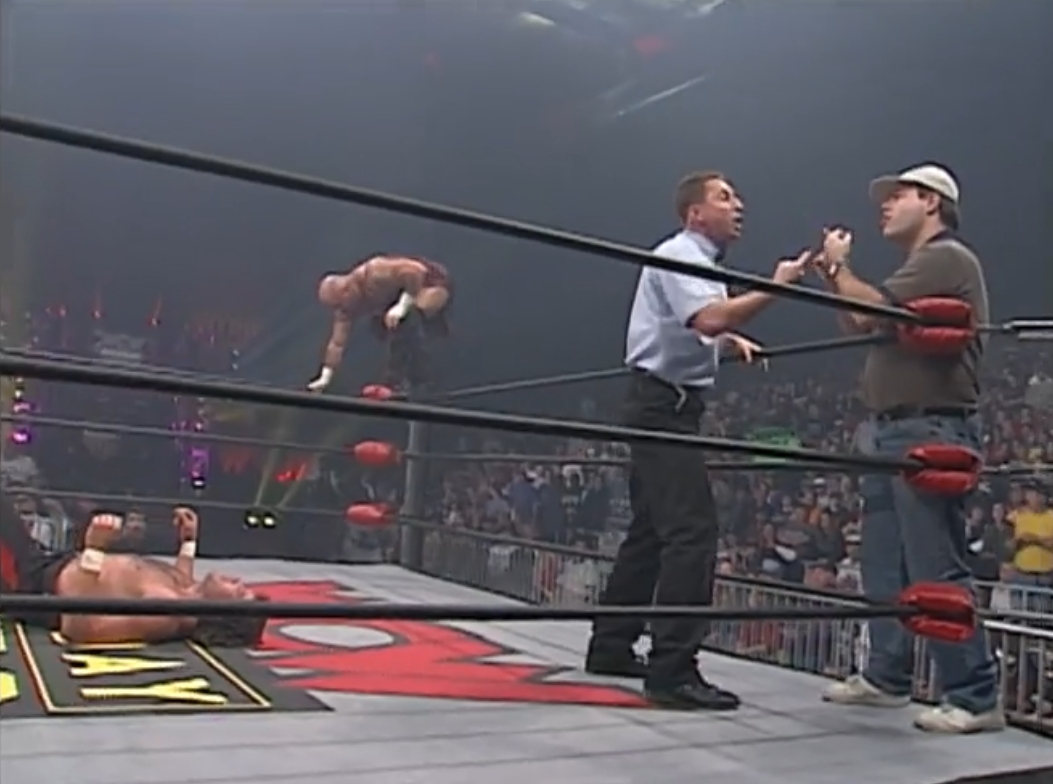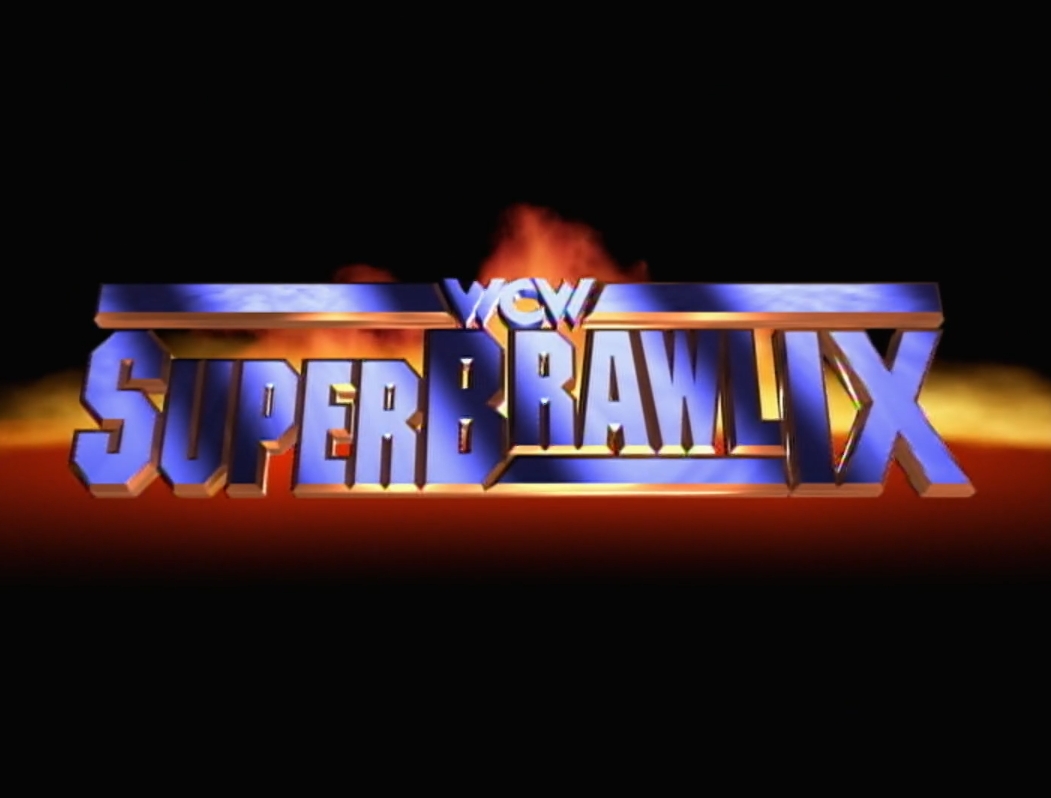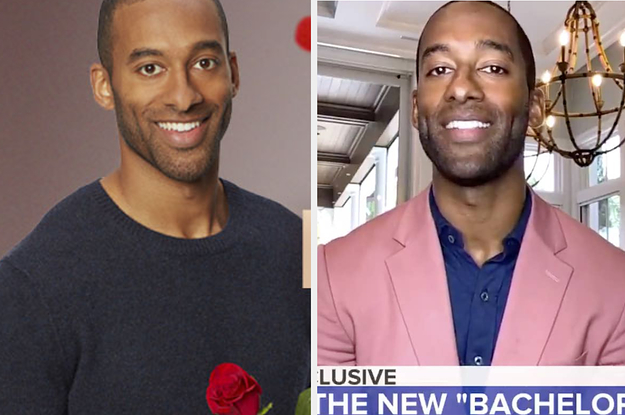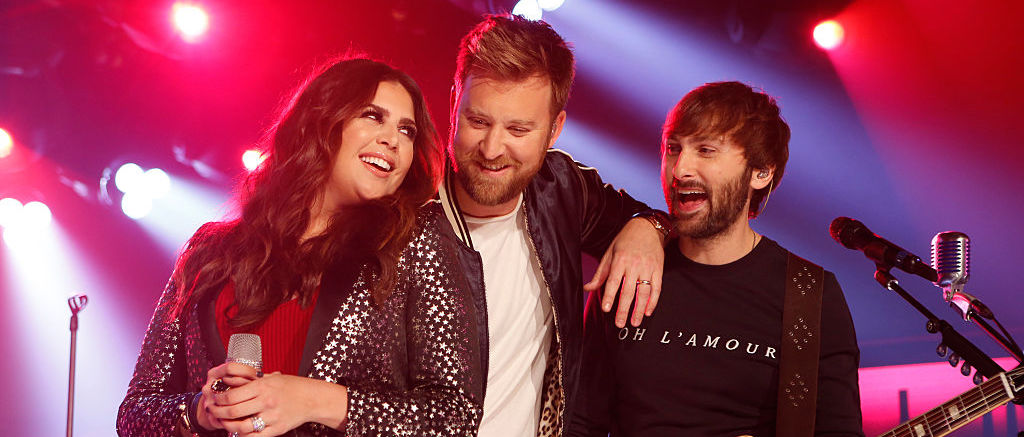This season’s Top Chef saw one chef dominate for most of the competition: Chef Gregory Gourdet. A man so effortlessly cool he can pull off a fringed leather motorcycle vest. Especially following Restaurant Wars — Top Chef‘s signature challenge, in which chefs design, open, and start serving food in their own pop-up restaurants in a 48 hour span — in which Chef Gregory’s Kann, a Haitian food concept, handily defeated Chef Kevin Gillespie’s Country Captain, it looked like Chef Gregory might cruise to the finale without even breaking a sweat.
Instead, he showed up to Italy suffering back spasms, gritted his teeth through an aperitivo-based quickfire challenge, and ended up going home for a truffle dish that didn’t taste like truffles. His run in this season, made up of all-stars from past seasons, ended up being a lot like his initial run on season 12, in which he at one point won four challenges in a row but ended up losing in the finale to Mei Lin. Now, fellow season 12 contestant Melissa King looks poised to win this season.
Of course, there’s TV and then there’s life, and for as much as we pretend cooking is sports for entertainment purposes, likely most people’s takeaway from Gregory Gourdet on Top Chef isn’t “this guy can’t close the deal” but rather “that guy’s food looks good and I would like to eat it.” Which is why even established and successful chefs still submit themselves to the grueling Top Chef process.
As with many chefs, Gourdet’s success has been a journey. Now 10 years sober, he grew up in Queens, moved west for college, and then returned to New York to attend CIA and work for Jean-Georges Vongrichten. From there he went to Portland, where he’s planned pan-Asian fare as the executive chef for Departures for the past 10 years. After cooking modern French, then pan-Asian, he’s now attempting to incorporate the flavors he grew up eating for a Haitian food concept similar to Kann (I ate there; it was wonderful). He also just finished a cookbook, reflecting his passion for healthy food and global cuisine.
Of course, you can’t talk about opening a restaurant in 2020 without talking about COVID, and the way the mass quarantine is exposing cracks in an already shaky business model. I spoke to Gourdet this week about how he’s dealing with his Top Chef elimination and with… well… (*gestures to everything*).
—
So how’s your back doing?
My back’s just like a thing, it’s just okay. It’s been hard to get care with lockdown, but it’s okay. It’s not like it was on TV.
Yeah, so what happened with that on elimination week?
As we were packing to leave for Italy, I had a huge back spasm and I was pretty much in pain the whole entire time. It was a 19-hour trip to get to where we were. We flew to Philly, and then we had to drive like five hours. It was a really long trip. And then we actually had a day and a half off from filming and I was hoping to get better. But we got right into the first quickfire and I had a huge back spasm in the middle of a quickfire, and that really just made things worse. So basically I was in extreme pain.
But I told the producers as soon as I got there, I just wanted to push through, I wasn’t going to try to use the injury as an excuse. There’s nothing to do, you’re at the Top Chef finals, I’m not going to stop. So I think in the end my condition influenced my judgment on what to make and how to execute it. I felt like I still couldn’t use it as an excuse as judges’ table, so I didn’t say anything, really. I know that the judges knew, because Tom asked me how my back was doing, but I’m not sure he knew the extent of how bad it was. Literally, I was getting shots in my ass between takes. We had like chiropractors and doctors coming to set and stuff like that, trying to help me. But alas, whatever happened, happened, and I was just going to push through and just make the dishes I made and not try to use my back as an excuse. And in the end, I made a poor decision with what I made and how I executed it and it got me sent home.
If you had it to do over, is there something else that you would have made or something you would have done differently?
I chose that dish to make because I knew I could make it in the timeframe. And I think maybe if I wasn’t in so much pain and concerned about being able to execute, I probably would have given it more time and thought.
How much different is the Top Chef environment versus a normal cooking environment? Like if had two hours to prep, as opposed to 30 minutes most of the time, how much differently would you do it?
I think the biggest risk came with just making that dish altogether, which was an Italian dish, but it was something I’ve never made before. The flavors just drew me in. Like the boar and the cocoa and the prunes. It’s kind of like this play on sweet and bittersweet and sour. But the reality of Top Chef is that we have just a handful of minutes to make all these decisions. From Padma announcing the challenge to us mentally preparing our list and getting to the store and we have to shop in Italian, which was challenging in itself. So it’s a pretty tight window. As soon as you can figure out what you want to make, you get rolling and you start your prep list and you want to make sure that you don’t forget anything at the store and all these things. I think being in so much pain, I was just really rushed to land on a dish so I can start checking boxes off.
What do you think are the best and worst things about the way they judge your food on the show?
Honestly, I tasted my dish, when I finally tasted everything together, I didn’t taste any truffle either. So I felt the judges’ critique was pretty accurate. And that is actually why I panicked at the last minute and I threw some truffles in and tried to warm it up, which is like a cardinal sin in Italy, you just don’t cook white truffles. And that’s why I was putting so much truffles on top, because I knew that the truffle was lost by the time I finally tasted the dish all together. I think maybe if I was in a better place, I would have had the courage to only serve them polenta and the truffle, make that huge pivot. But in that moment I didn’t have the courage to do that.
It seems like Italians have very specific ideas about what’s right or wrong about ways to cook things. Were there any things that you were consciously trying to avoid going into that?
No. Honestly, they schooled us. They go into pretty good detail about how to use the truffle. I don’t think any of us knew all those details. I think that’s one of the ways that that challenge was so hard and so challenging because I’m not sure who could know that level of detail about truffles, especially white truffles. And that’s just how you make a good game.
Tell me about your life as a younger chef. How did you find your way to cooking and what were some of the early jobs that you had?
I actually started working at Jean-Georges. I was going to college in Montana for wildlife biology and that was the first time I was cooking for myself. I realized I enjoyed cooking. I’m not sure if I realized I had a passion for it just yet, but I definitely enjoyed it. And a friend… I started washing dishes at a restaurant and I started cooking at a deli. And the chef at the restaurant saw something in me and he suggested I go to culinary school. So I graduated from University of Montana and I went off to CIA and I did my internship at Jean-Georges and I worked for him for about six and a half years after culinary school. I worked at three of his restaurants.
What was the original plan when you were a biology major?
I actually grew up just thinking I’d be a doctor until I went to premed. I did premed at NYU for a year and just realized my brain doesn’t work that way and that it wasn’t something I wanted to do. And then I thought I’d want to do wildlife biology. So I moved out west and I realized that that’s not what I wanted to do either. I think it’s more when I moved out west, I wasn’t as interested in the classes I was taking and I started cooking for myself, and that kind of became what I realized that I was more passionate about.
Did you ever feel like you were disappointing parents or whatever by not becoming a doctor?
No. My grades made it pretty clear that I wasn’t going to be a doctor (laughs). Both my parents worked in hospitals. They’re retired now. So I think that was always in the background and I just grew up always kind of wanting to be a pediatrician. But one year of premed made it very, very obvious that the other side of my brain was far better than the math-science side of my brain. But there’s some biology and chemistry in food, so I guess I’m okay now. But my parents have always been extremely supportive of anything I’ve ever wanted. So when I told them I wanted to go to culinary school, they were supportive and they wanted me to go to CIA.
So Kann, your concept in Restaurant Wars, you’re trying to make that into a real restaurant, is that right?
Yeah. So at the end of last year, the end of 2019, I transitioned out of my executive chef position at Departure, where I was for 10 years. I’m still consulting as a culinary director, but my goal was to take this year to finish my cookbook which is about to be all done. Travel a little bit, I wanted to go to Thailand, I wanted to go to Haiti, I wanted to go down South and study American barbecue and some other stuff. And then start planning the restaurant to open in January. But with COVID, I’m just taking a slower pace and seeing what’s going on. I know there are some restaurant spaces opening up, unfortunately, but at the same time, I’m still trying to figure out my best move.
But Kann was a concept created specifically for the show because it had be razor-focused for Restaurant Wars. It’s actually a little bit different than what I pitched because I truly think I’m a more of a global chef and I definitely wanted to have a strong Haitian focus, but I’m definitely inspired by so many different other cultures and have a lot more cooking in my repertoire and a lot more that I want to make, but definitely a strong Haitian focus will be at the foundation of the restaurant opening.
What are some of your favorite Haitian dishes that inspired you to do that type of cuisine?
There’s just a series of super iconic Haitian dishes. Literally everything I made on the show is a very well known, traditional, iconic, Haitian dish. I think that’s why the Haitian community was so amazed and so responsive and the Haitian Twitter just went nuts because everything I made for the Restaurant Wars episode was a dish that they’re extremely familiar with. Those are the dishes that we had every Sunday. And those are the dishes that I’ve done at Haitian popups and I’ve cooked Haitian at the Beard house and I’ve done food festivals in Haiti. The chicken and Creole sauce, the rice and beans, the patties, the pork, the fried plantains. Pineapple pound cake is the most iconic Haitian dessert, all those dishes are super, super traditional Haitian dishes.
How important is the idea of authenticity when you’re doing those kinds of foods?
So I think for me, I didn’t grow up cooking, at all. I didn’t start cooking until I was in my early twenties, but we grew up pretty much just only eating Haitian food. I grew up in a very Haitian-American, African American community and all we ate was Haitian food growing up. Because we were always taken care of by relatives and we always had people over, coming to and from Haiti and people transitioning into life in the States. So we had a pretty strong Haitian family community. And pretty much that’s everything I ate growing up, all the time, like every day.
So for me, not growing up cooking, ever, really, I had to go back and learn how to make this. And it was really important to me to start from a point of authenticity. And I might take some liberties in modern equipment and stuff like that, but even for Restaurant Wars and the couple dishes that other people helped with, like Lee Anne’s salad and Stephanie’s salt cod patties, I didn’t have the recipe memorized for the traditional Haitian dough. I let Stephanie make a different type of dough and Lee Anne, we discussed her just making up a salad, but I wanted to make sure that if we did something that wasn’t extremely traditional, at least only featured ingredients that were found in Haiti. So there was no deviation. Everything in that salad is something that you would find on a Haitian table.
So I think that’s where I stand. I think as I keep making more Haitian food, it will be the same. It’ll be dishes that are made of ingredients and sauces and marinades and parts of dishes that are traditionally Haitian, 100%.
Do you ever feel pressure to represent chefs of color or Haitian chefs? Is there ever a conflict between having to be an ambassador and just wanting to be yourself?
No, I don’t think there’s really a difference. I think even before this reckoning that we’re in now, I think just, I understood that since my first run on Top Chef, I’ve had a platform, and I’ve understood that I can bring a lot of things to light and people will pay attention and I’m grateful for that. I think I accept that and I enjoy that. I think how excited I was for both the pitch and for Restaurant Wars and I think that’s probably why I did so well. I mean, I think Tom said it best. I can’t remember his quote exactly. But he said something about, if you truly feel passionate about the food, it’s just going to be good. And for both those challenges, once I decided what I wanted to make, I was just so excited to make it that I didn’t really think about anything else. I didn’t think about, “what if I go home?”
Because for Restaurant Wars, I think I’ve seen maybe one or two episodes in like 17 years where the executive chef or front of the house manager doesn’t go home if they mess up Restaurant Wars. And I mentioned it briefly with Kevin, the first night. But for the next two days that we were in Restaurant Wars, I didn’t think about going home once. And that’s not to say I was feeling so confident and so cocky that I didn’t think there was any way that we could lose. We were obviously the underdog, but I was just so happy to make this food and so excited about it, that I only thought about making the best food possible, and it worked out. So to answer your question, there is no me without feeling that I have to be a positive voice for black chefs in America, and I have to represent my culture, that’s hand in hand in who I truly am.
With COVID, and you touched on a lot of restaurants going under, it seems like this crisis has exposed certain problems in the restaurant industry. Do you see things changing because of this? What do you think that the quarantine has shown us about the restaurant industry?
I think COVID has completely exposed the frailty of the restaurant business model. It’s extremely unsustainable and that’s been extremely obvious for a long time. And to be completely honest, I think we’re still trying to figure out how to fix it. Currently, I sit on the independent restaurant coalition and we’re asking Congress for even more help, I think for another $120 billion to help support restaurants for the rest of the year. Because the way it is, people are having huge challenges opening, from small towns to major cities. Social distancing in a restaurant is extremely challenging because so many restaurants are small, especially independent restaurants. And there are lots of numbers. A third of all restaurants are owned by minorities, people of color. Almost half of all restaurants are run by women. So there are a lot of communities that are important that are at risk of losing their livelihood.
I don’t think we have an answer yet. Portland isn’t even in phase one yet. So people are who have been able to find resources and have been able to get a game plan going are still talking about not opening for six months. And that’s people who have found resources. A lot of the people that I talked to almost every day, they don’t know what to do. They can’t bring their teams back, they don’t know, with a to-go model, what percentage of revenue will that make compared to what they were at. So there’s still a lot of questions. And I don’t think there’s an answer yet. I think it’s going to take this entire year for us to really see what we need to do to fix the American restaurant and how we can.
What are some of the things that you like about the Portland food scene and what are some of the things that you think makes that food culture special?
I think one of the best parts of Portland is that we are such a small community. I think we’re definitely clearly an American food destination. But at the same time, even with the gentrification of Portland and its expansion, I do think that we’ve been able to stay a very close community. If you think about Portland’s dining scene, it’s really just over a decade old. There are iconic old-school restaurants, like Paley’s Place and Higgins, which kind of laid the groundwork, quite a bit ago, like 25 years ago. But really when you talk about Pok Pok and Le Pigeon and Beast, that kind of ushered in modern Portland dining as we know it. And all the restaurants that opened up in those years since, like Ox and all these really iconic American restaurants.
And I think the best part is, it’s two-fold. A) we have amazing resources, we have 12 months of growing season, from the mountains to wine country, to the ocean, to the woods, we have all these places where all these amazing things grow. So there’s just a constant, amazing chain of supply, which is also threatened right now because restaurants are closed. But I think we are progressive in the sense that we represent a lot of different cultures. Being one of the whitest cities in America, I think we are most diverse in our culinary scene here. And I can easily just get great West African food just as quickly as I can get amazing Thai food. Just as quickly as I can go to a Haitian cooking class or have great Russian food or have great Ethiopian food or have great Mexican food. So I think for where we are and the size that we are, I think there’s a really great representation of global cultures for a city being as white as we are. I think there’s a pretty fair amount of ethnic representation in our culinary scene.
Vince Mancini is on Twitter. Read more of his cooking commentary in UPROXX’s Cooking Battles and Viral Cooking. For past Top Chef Power Rankings, go here.




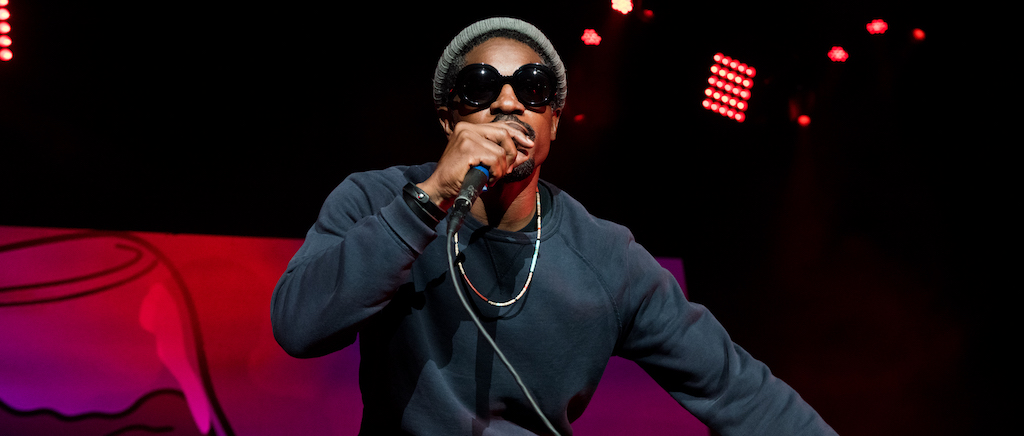

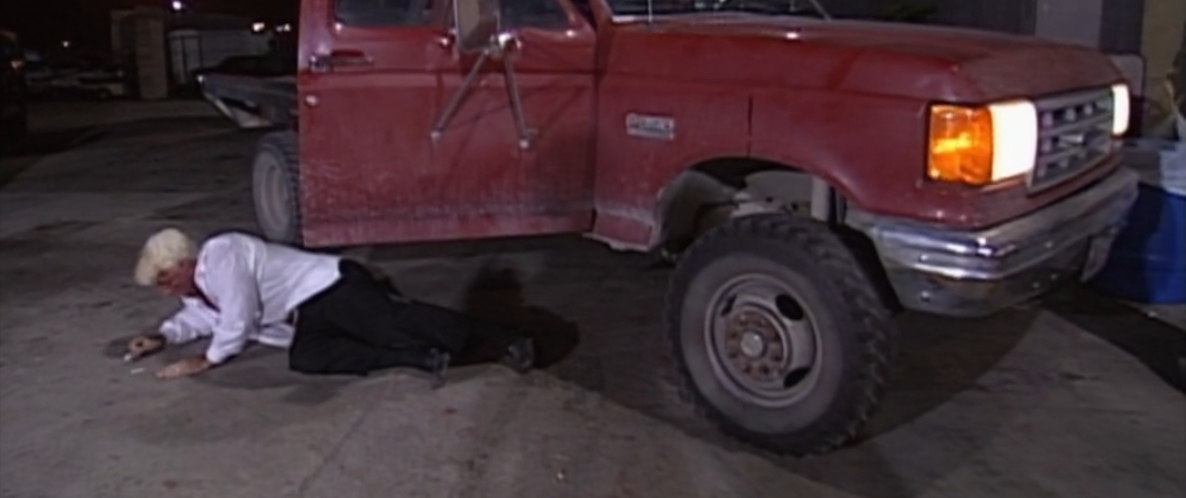
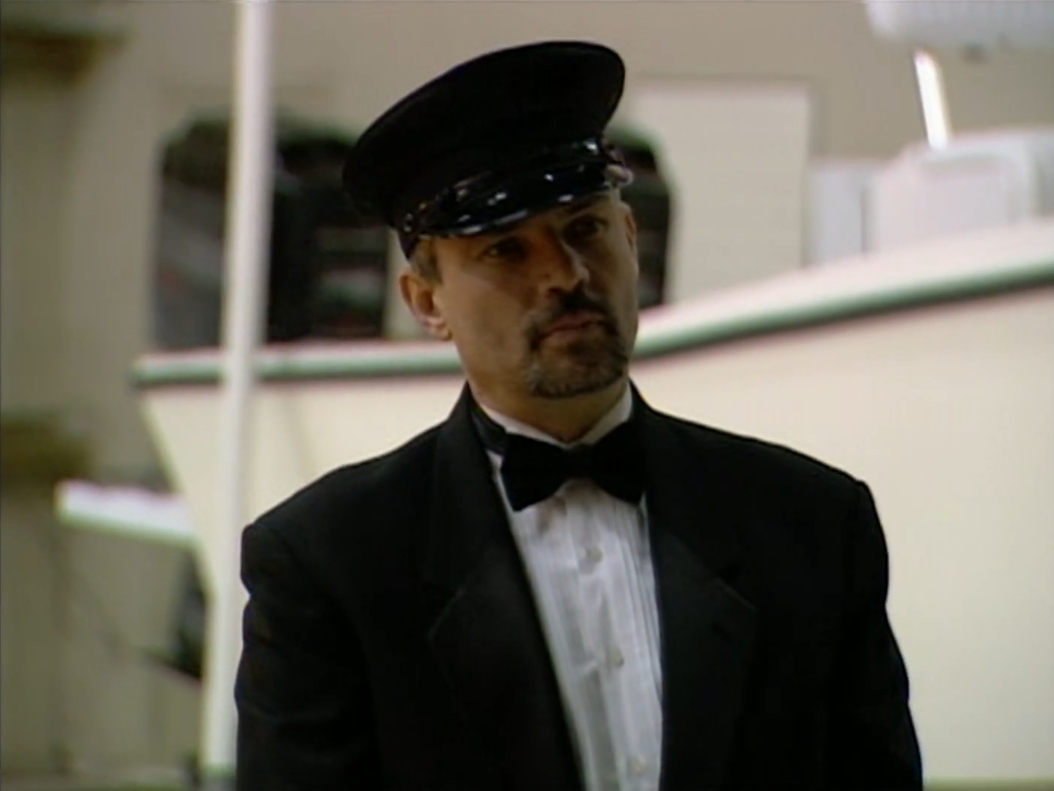
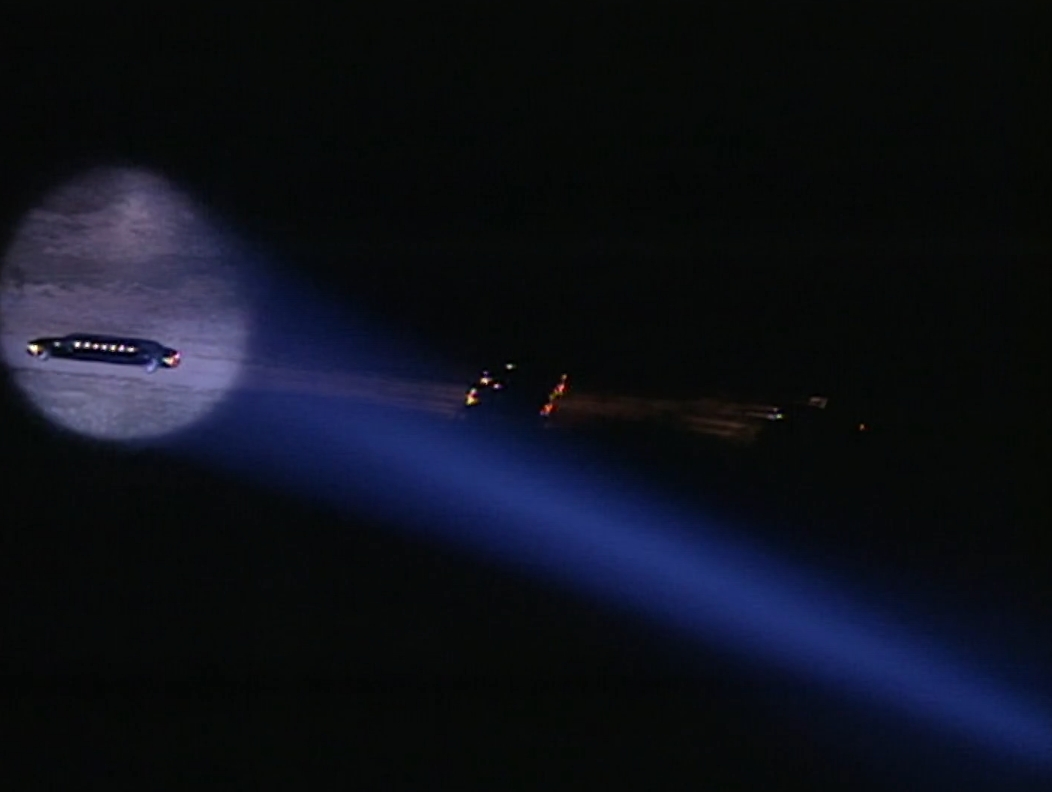
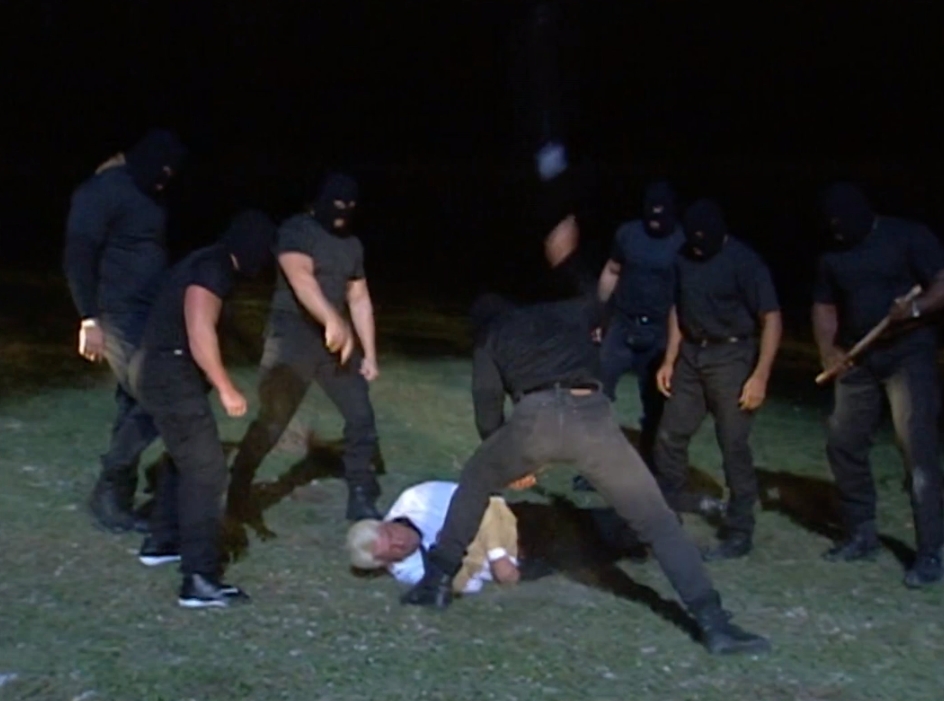
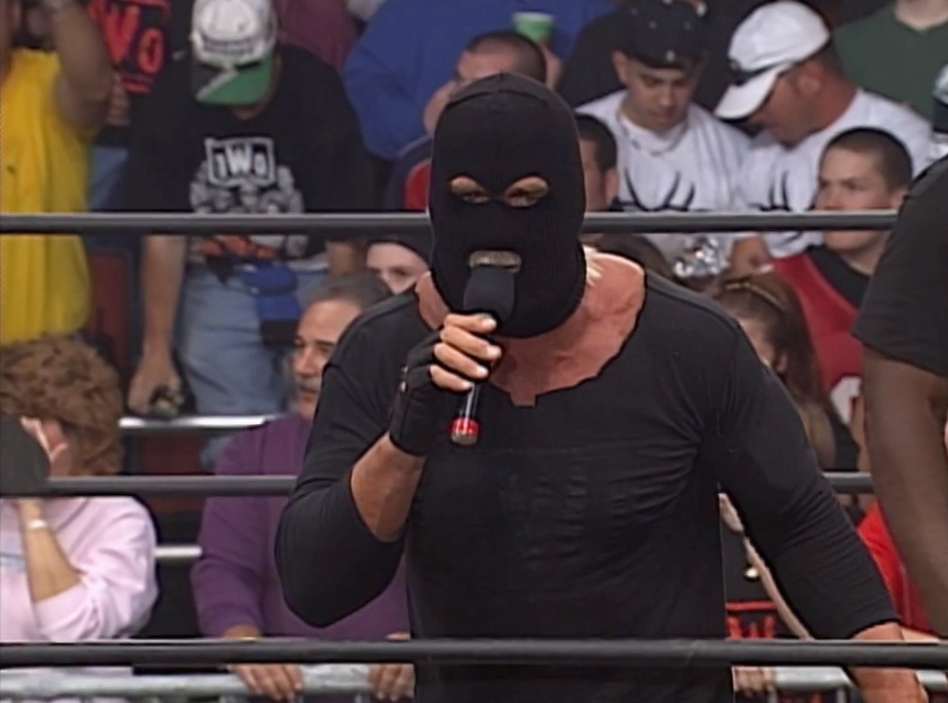
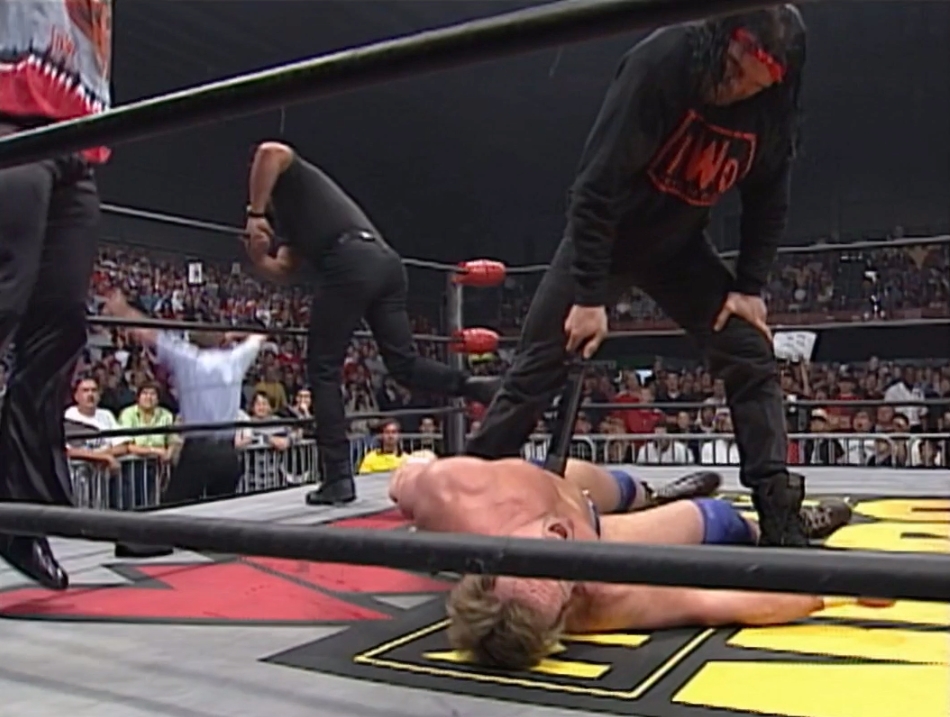
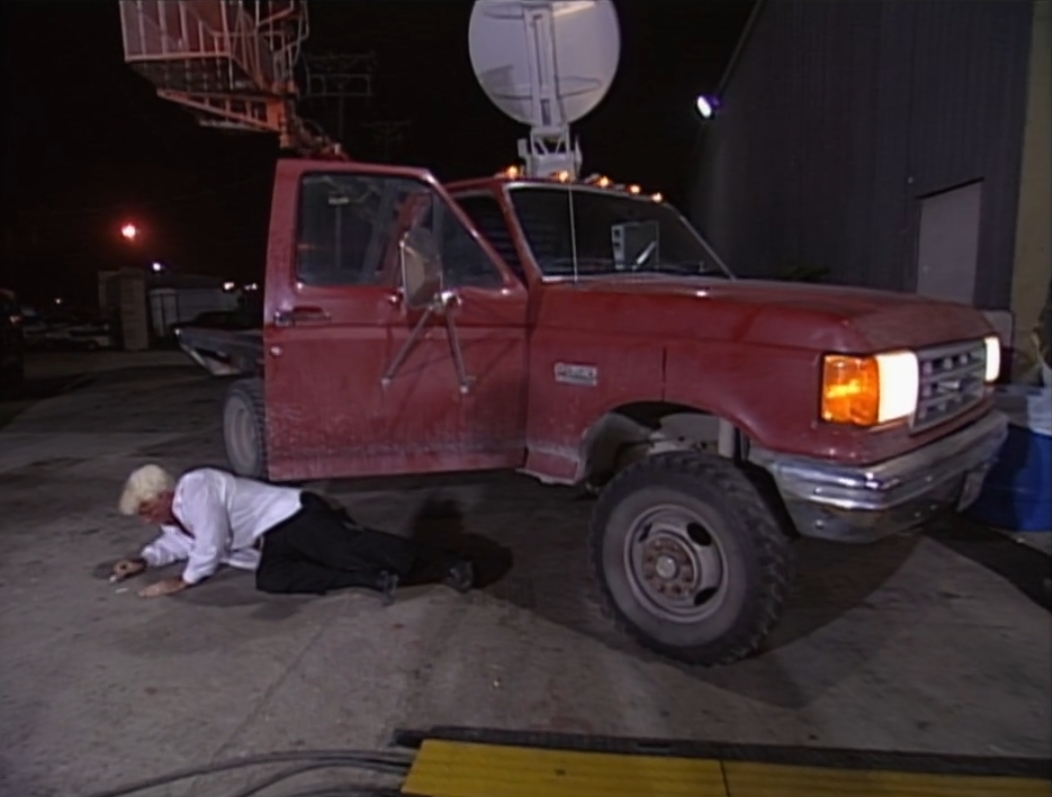
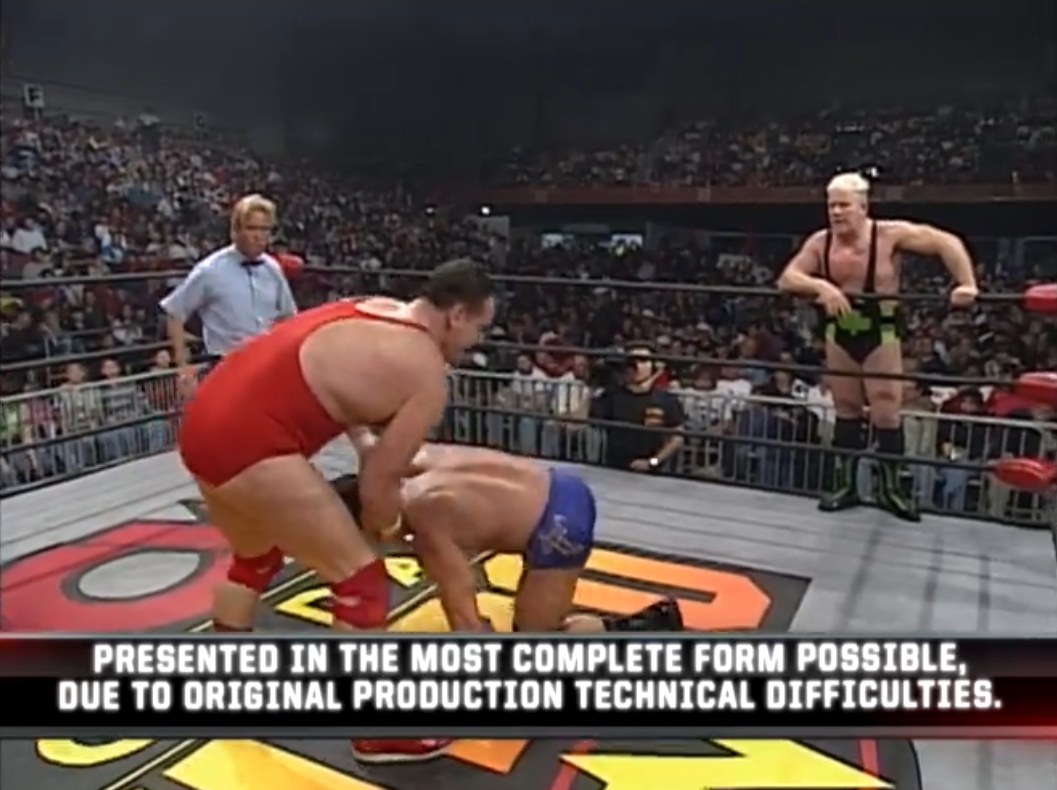
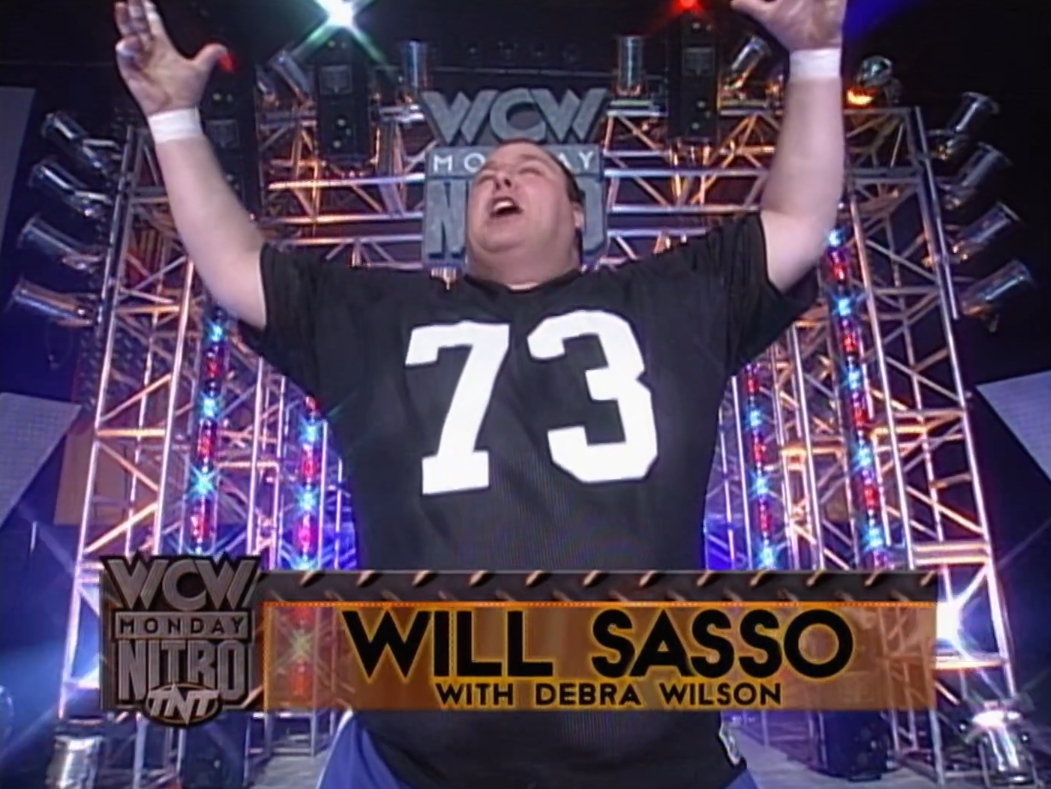
 — sorry, Edge vs. Randy Orton — pitting Bret ‘Hitman’ Hart against MadTV cast member Will Sasso. You may remember him from such unforgettable characters as
— sorry, Edge vs. Randy Orton — pitting Bret ‘Hitman’ Hart against MadTV cast member Will Sasso. You may remember him from such unforgettable characters as 